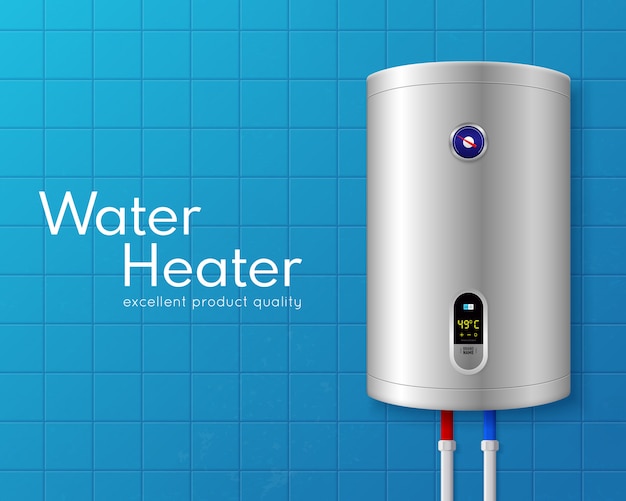Importance of water heater replacement

What is Water heater replacement
Water heater replacement involves removing an old or malfunctioning water heating system and installing a new one in its place. This process typically includes shutting off the water and gas or electricity supply to the existing water heater, draining it, disconnecting it from the plumbing and power source, removing it from its location, and then installing a new water heater. It's important to consider the type and size of the new water heater, ensuring it suits the needs of the household in terms of capacity, energy efficiency, and fuel type (electric, gas, solar, etc.). This task often requires professional expertise to ensure proper installation and safety.
Why water heater replacement important?
Over time, water heaters become less efficient, leading to higher energy costs. Replacing an old water heater with a newer, more energy-efficient model can save on utility bills. Replacing older water heaters reduces the risk of accidents or damage and ensures a reliable supply of hot water without unexpected interruptions. Newer models often come with advanced features and technology that offer better performance. environmentally friendly, consuming less energy and reducing carbon footprints. Regularly assessing the condition of your water heater and replacing it when necessary can ensure a consistent supply of hot water while maintaining safety and efficiency in your home.


